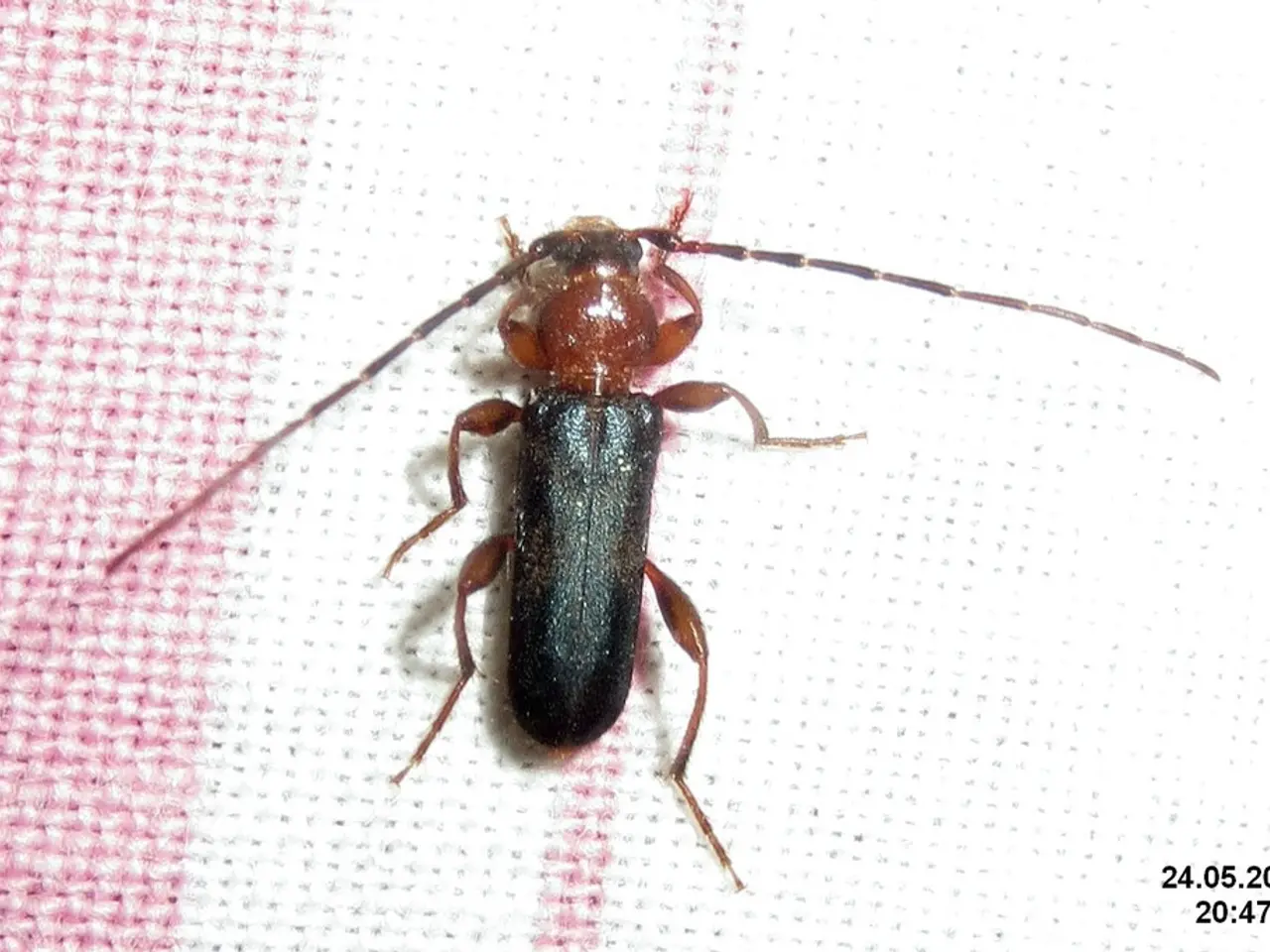MPs in Britain Propose Intervention for Crimes Against Humanity Prevention
In a significant move towards strengthening the UK's approach to atrocity prevention and response, the Standing Group on Atrocity Crimes (SGAC) has been proposed. This new initiative, launched on July 14, 2025, aims to establish clear legal responsibilities for government ministers, ensuring they respond effectively to genocide and mass atrocities [1].
The SGAC, led by Baroness Kennedy of the Shaws LT KC, Director of the International Bar Association's Human Rights Institute (IBAHRI), comprises leading international lawyers, experts, cross-party parliamentarians, and policy advisers [2]. The group's objective is to provide comprehensive advice on the UK's strategy for preventing and responding to atrocity crimes.
In contrast, the Elie Wiesel Genocide and Atrocities Prevention Act in the United States, enacted during President Trump's first term, prioritizes the prevention of genocide and other mass atrocities as a matter of national security interest [3]. This law emphasizes interagency coordination and strategic prevention measures rather than focusing on explicit legal duties for ministers, as proposed in the UK [1].
The SGAC's approach in the UK appears to address a gap in enforceability and ministerial responsibility, potentially enhancing legal accountability beyond current policy frameworks. Meanwhile, the US law creates a broader governmental infrastructure for atrocity prevention [1].
The UK's Women, Peace and Security National Action Plan 2024-2025 reflects a holistic approach to atrocity crimes, addressing gender-based violence and conflict-related sexual violence [1].
However, the political will to focus on atrocity crimes prevention work has shown signs of diminishing, with changes at the Department of State causing uncertainty about the impact on atrocity prevention work [4]. This underscores the importance of initiatives like the SGAC, which aims to make timely, impactful, and expert recommendations to government officials, policymakers, and civil society [5].
Crimes aimed at the destruction of communities are more common than one can comprehend, and it is crucial to address these issues proactively. Mechanisms for monitoring and analysis are key in atrocity crimes prevention, and the SGAC aims to play a significant role in this regard [6].
Despite the adoption of the U.N. Convention on the Prevention and Punishment of the Crime of Genocide (Genocide Convention) over seven decades ago, the international community has been failing victims/survivors globally. Leaving victims/survivors without assistance to reestablish their lives and under the constant fear of the recurrence of the crimes remains a pressing concern [7].
Proactive documentation, investigation, and effective prosecutions must prevail in atrocity crimes prevention. The SGAC's independent review of the UK's approach to atrocity prevention and response is a step towards achieving this goal [8].
The United States has been leading some of the work on atrocity crimes prevention, including by implementing the Elie Wiesel Genocide and Atrocities Prevention Act (the Elie Wiesel Act) [9]. However, the ongoing issue of ignoring early warning signs and risk factors of atrocity continues to be a concern, as these unravel before our eyes [10].
In conclusion, while both the UK’s SGAC and the US Elie Wiesel Act share the goal of atrocity prevention, the UK initiative currently emphasizes imposing clear legal duties on ministers, which may constitute a more direct legal mechanism to compel government action compared to the US's interagency and diplomatic approach [1]. The launch of the SGAC marks a significant step forward in the UK's efforts to combat atrocity crimes and hold government ministers accountable for their actions.
References: [1] UK Parliamentary Report on the Standing Group on Atrocity Crimes (2025) [2] BBC News, "UK launches group to combat atrocity crimes," (July 14, 2025) [3] U.S. Department of State, "Elie Wiesel Genocide and Atrocities Prevention Act," (2018) [4] Human Rights Watch, "United States: Atrocity Prevention Work Faces Uncertain Future," (2024) [5] House of Commons, "Standing Group on Atrocity Crimes: Government Response," (2024) [6] Genocide Watch, "Mechanisms for Monitoring and Analysis," (2023) [7] Amnesty International, "Failure to Protect: The International Community's Response to Atrocity Crimes," (2022) [8] International Bar Association, "Independent Review of the UK's Approach to Atrocity Prevention and Response," (2024) [9] U.S. Department of State, "Elie Wiesel Genocide and Atrocities Prevention Act Annual Report 2024," (July 2024) [10] Global Centre for the Responsibility to Protect, "Early Warning and Response: The Ongoing Challenge," (2023)
- The SGAC's independent review of the UK's approach to atrocity prevention and response is a strategic step towards ensuring proactive documentation, investigation, and effective prosecutions of atrocity crimes.
- The Elie Wiesel Genocide and Atrocities Prevention Act in the United States serves to prioritize the prevention of genocide and mass atrocities as a matter of national security interest, focusing on interagency coordination and strategic prevention measures.
- The launch of the SGAC, comprising leading international lawyers, experts, cross-party parliamentarians, and policy advisers, marks a significant shift in the UK's policy-and-legislations approach to atrocity crimes, with a focus on establishing clear legal responsibilities for government ministers and improving justice and accountability.







